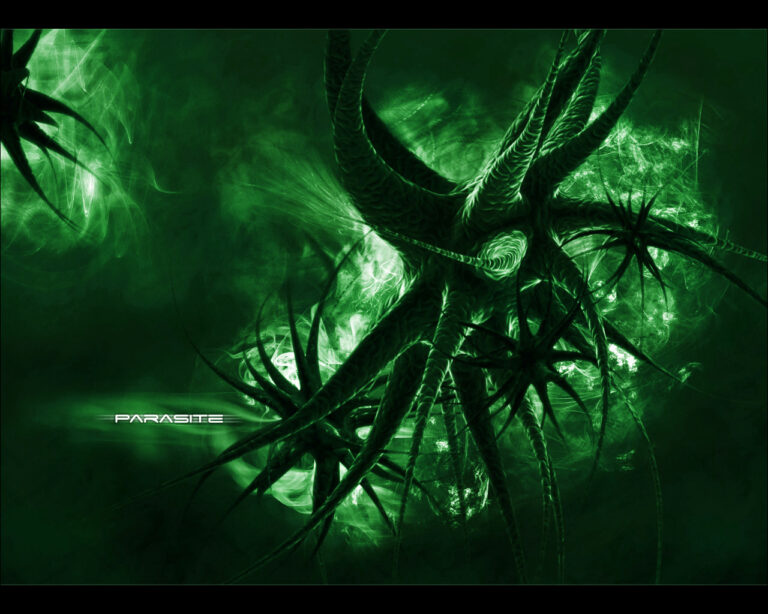The Empirical Algorithm
This is a response to the article titled Who is an African, written by a dear friend and business partner of mine. You should read his piece first, before relishing mine.
Nothing matters more than the present. All we have is now, for it is the only platform upon which we can exercise our agency. The past is long gone, and the future is not yet here. From Belyounech in Morocco to L’Agulhas in South Africa, from Senegal’s Dakar to Somalia’s Tohen, what do we have? What is it that we possess right now? What else but our vast mineral resources, arable land, rising economies, a young, blooming intelligent population, and endless possibilities outstretched before us? Well, we also have an identity fractured by a vicious colonial history, feeble governments fragmented by flimsy governance susceptible to external sabotage, and the reality of widespread political instability, which, if not addressed promptly, may detonate this century in our faces like a nuclear bomb.
The question that Carringtone asks, “How do we unify Africa and build a system that will endure?” is the most pressing Afrocentric question of our time. While only 12 of its 54 fully recognised sovereign states are embroiled in some form of conflict, these states are inhabited by nearly half of the continent’s total population. Of the 600 million people that occupy these countries, over 45 million have already been forcibly displaced as of late 2024—equivalent to the entire population of Spain.
Regardless of what some Western humanitarian institutions profess, none of the causes of these conflicts are exclusively contemporary: the vast majority can be traced right back to the signing of the General Act of Berlin, where 14 colonial empires of the 19th century carved up the African continent for themselves. These were the German Colonial Empire, Austrian Colonial Empire, International Congo Society, Spanish Colonial Empire, Danish Colonial Empire, American Colonial Empire, French Colonial Empire, British Colonial Empire, Italian Colonial Empire, Dutch Colonial Empire, Portuguese Colonial Empire, Russian Colonial Empire, Swedish Colonial Empire, and the Ottoman Empire.
The consequences of the disruption of African nation-states that had endured for centuries, the genocidal extermination of tens of millions of its people, the erasure of their histories, the systematic extraction of their resources, and the deliberate establishment of global financial, institutional, and socio-political structures that perpetuate Africa’s impoverishment are precisely what have resulted in today’s ethnic and political conflicts across Sudan, Ethiopia, and Cameroon; the Islamist insurgencies and jihadist conflicts of Somalia, Nigeria, Mali, Burkina Faso, Niger, and Mozambique; and the armed rebel groups and resource-based conflicts in the DRC, CAR, and large swaths of the Sahel. Whether we admit it or not, our past remains the provenance of our present.
Carringtone asks us to consider, for our salvation, the “Imperial Algorithm.” This is the idea that successful civilisations arise when diverse peoples are brought under a single, constructed identity. By reshaping identity at scale, he argues, Africa can overcome the tribal and national divisions that inflame its conflicts and forge a stable, continental order. The implication is clear: we must either submit to a new, shared identity—including co-opting the very people who deport us from their countries and profit from our damnation—or suffer the consequences of not doing so. I reject that premise. He maps the problem clearly, but the solution he offers is flawed.
Firstly, Africa’s vast ethnic diversity is not a flaw; it is a formidable socio-political foundation. When highly educated thinkers discuss African unity, they are quick to posit that a pluralism of identities—tribal, national, religious—prevents cooperation, fuels ethnic conflicts, and is the primary cause of instability. They suggest, either explicitly or implicitly, that these identities must be erased or subordinated for Africa to progress. But a keener analysis of history reveals that identity is not inherently divisive—it is the foundation upon which societies organise themselves, sustain governance, and cultivate loyalty. The problem, therefore, is not that we identify with our clans or nations; it is that our systems of governance have failed to channel our identities into productive structures.
Secondly, many of the most resilient governance models in our history have been built on strong identity frameworks. The Oromo Gadaa system in Ethiopia, for example, was one of the most sophisticated democratic governance structures ever conceived—long before European political theory conceptualised democracy. Power rotated every eight years, and leadership was selected through an age-based system that ensured accountability and community cohesion. Despite being deeply embedded in Oromo cultural identity, it did not lead to fragmentation but to stability. Likewise, the Igbo decentralised governance system in Nigeria was highly effective. Instead of a single ruler imposing totalitarian authority, communities were led by councils of elders, chiefs, and other titleholders, ensuring distributed governance. The Ashanti Empire of Ghana also successfully merged a local identity with a larger imperial structure through federated governance rather than forced assimilation.
By contrast, imperial colonial rule dismantled these effective governance structures, replacing them with rigid, centralised bureaucracies that ignored indigenous political systems. Artificial borders forced rival communities into single states, creating the very ethnic and political conflicts that haunt us today. Half a century after independence, our national identities remain fragile, while tribal and local identities remain strong—because the former was externally imposed, while the latter were organically formed.
The lesson is clear: identity, when properly structured, builds resilient governance systems. The most stable nations today—such as Norway, Sweden, and Japan—are built on strong ethnic and cultural identities, rather than forced multiculturalism or a laissez-faire assimilation of anyone and everyone. History does not show that tribal and national identities must be erased for progress to occur. The civilisations that thrive are not those that homogenise their identities, but those that build robust institutions and govern with integrity and justice.
Africa’s path forward does not lie in identity erasure but in structural excellence. If an African empire is to emerge that will last millennia, it will not be because of mere homogenisation but because it built something so just, so effective, that people across all identities naturally converged upon it. What we need is a governance model that makes justice inevitable, resilience non-negotiable, and integrity the foundation upon which all power is exercised. We need to find a way to leverage our 3,000+ ethnic identities and countless religions, not as fractures to be erased, but as social architectures to be harnessed.
Identities, fortunately, will always evolve. Five centuries ago, the term “African” meant nothing. Five centuries from now, it may mean nothing again. But if an African empire is to rise, let it not be built on stories, but on systems. Let it not be forced, but inevitable. The burden before us is not to redefine who we are, but to prove that we can construct a civilisation that does not require redefinition at all.
We must build zero-trust governance systems the way we build zero-trust security software today. We must design governance systems that are incorruptible by design, economies that are self-sustaining in principle, and societies that are just by default. Only then will unity emerge, as all great things do: through function, not force.
Africa does not need an Imperial Algorithm. It needs an Empirical Algorithm. If we solve for that, everything else will follow.
V.



Ah V ! I deserved a nice clean intellectual slap :))
Your position is well taken, although of course I disagree fundamentally with aspects of your schema
“But if an African empire is to rise, let it not be built on stories, but on systems.”
Good systems are excelllent stories!
The reverse is however not true. The “engineering” in social engineering has to be taken quite lightly. This is my first critique, a critique of aesthetics. I suspect that there is no techno-solutionism or techno-inspired solutionism for solving the coordination problem of the Continent. All I can envision is techno- enabled solutionism. Like you, I’m a committed solutionist. Enough wails, tears and sighs have been exhaled for Africa, now is the time to build
2. I do not deny Africa is a continent of thousands of worlds. Such a denial woould be catastrophic. That is why I base a lot of my arguments on a synthesis of cultures rather than an erasure. An emergent of the new from a synthesis of the existent. It isn’t that there are no Luos , Luhyas and Kikuyus in Nairobi. It is that there is a Luhya eating fish with a Kikuyu at a Luo’s hotel. That is the attraction i’m pining for! What would Kenyan Jollof taste like? What would Egyptian Amapiano sound like?
These questions are too attractive not to try and answer!
Strong Agreement:
I deeply believe in bottom up community driven, democratic systems. The whole point of the African superstate is to protect these communities from predatory advances, by internal strong systems and external agression to any aggressor. I would not want to wave a wand and cause an apparition of the superstate. It must be earned for it to be understood. Top-down force will not work and will likely lead to collapse as you have pointed out.
Thank you very much for this excellently written piece, now off to read about Oromo Governance :))